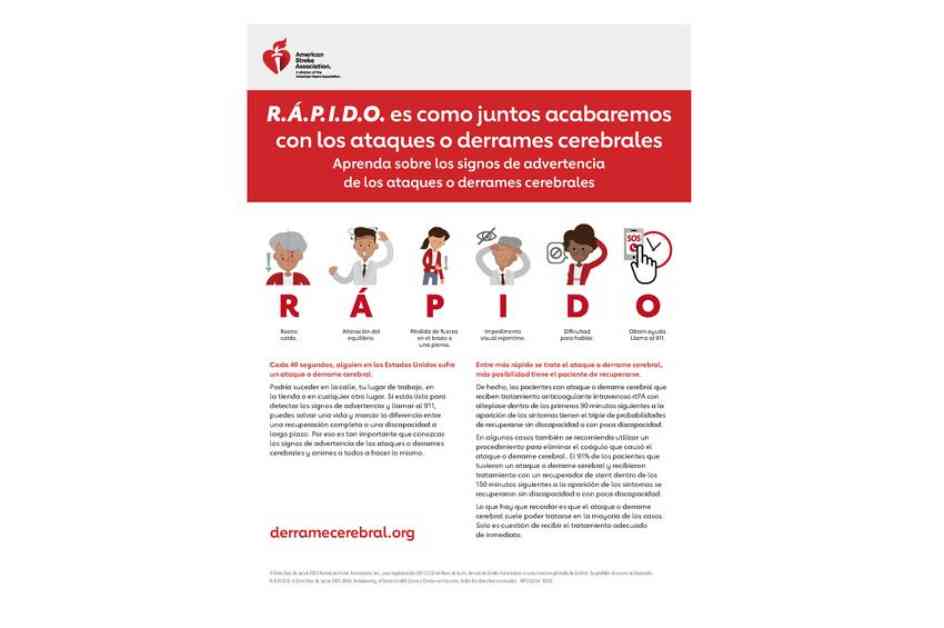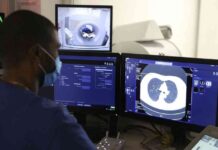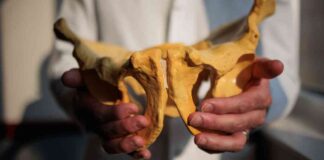The impact of stroke on the Hispanic community in the United States is a significant health concern. While stroke is the fifth leading cause of death overall in the country, it disproportionately affects Hispanic individuals. Among Hispanic women, stroke is the third leading cause of death, and among Hispanic men, it is the fourth. This disparity is driven by a combination of factors, including unmanaged health risk factors, limited access to healthcare, lower health literacy rates, cultural barriers, and socioeconomic determinants of health.
Recognizing the need to address these barriers and provide equitable health resources to the Hispanic and Latino community, the American Stroke Association, a division of the American Heart Association, has launched a new Spanish language website called DerrameCerebral.org. This website is specifically designed to cater to the unique needs of the Hispanic and Latino population, offering a digital series of games and activities called the R.Á.P.I.D.O. Experience. These resources are aimed at educating users on how to recognize the warning signs of a stroke, as well as providing information on stroke prevention, risk factors, warning signs, treatment, and recovery.
Lorena Rodriguez Chandler, Vice President of Health Equity at Inland Empire Health Plan (IEHP), emphasized the importance of addressing the specific language needs of the Hispanic and Latino community when it comes to stroke awareness. By providing accessible resources and information in Spanish, the new website aims to break down barriers that may have previously hindered prompt medical attention for stroke. Educating the community on life after a stroke and how to prevent it is crucial in promoting a healthier future for all individuals.
As the American Heart Association celebrates 100 years of lifesaving service, the launch of the new Spanish language website reflects a commitment to expanding outreach to communities at highest risk for stroke and other cardiovascular issues. By leveraging cultural relevance and providing tools and resources tailored to the Hispanic and Latino community, the Association aims to champion better health outcomes for everyone.
Last year, the American Heart Association introduced the R.Á.P.I.D.O. campaign, a culturally relevant Hispanic and Latino stroke warning signs initiative that includes the adoption of the Spanish stroke acronym R.Á.P.I.D.O. This acronym serves as a tool to help individuals recognize the signs of a stroke and take immediate action. The campaign focuses on raising awareness among Spanish-dominant audiences, such as those in the Coachella Valley, by educating the community about the R.Á.P.I.D.O. acronym through various channels, including public transportation signage and employee initiatives.
A stroke is a medical emergency that can occur at any time, and immediate medical attention is crucial. Learning the signs of a stroke and discussing risk management with healthcare professionals is essential in preventing and treating strokes effectively. The American Stroke Association recommends familiarizing oneself with the R.Á.P.I.D.O. acronym and staying informed about stroke awareness to promote better health outcomes for all individuals.
In conclusion, the launch of the DerrameCerebral.org website and the R.Á.P.I.D.O. campaign represent important steps in breaking barriers to equitable health for the Hispanic and Latino community. By providing culturally relevant resources and tools, the American Stroke Association and the American Heart Association are working towards ensuring that everyone has access to the information and support they need to prevent strokes and improve health outcomes. Through continued outreach and education, these organizations are making strides towards a world with fewer strokes and longer, healthier lives for all individuals.

















